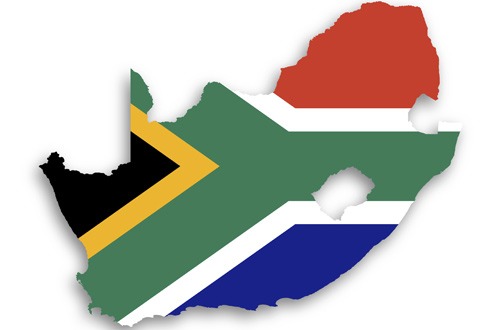 Moody’s Investor Services said the African Continental Free Trade Area (AfCFTA) could improve the region’s credit profile although obstacles such as Africa’s under-developed infrastructure, non-tariff barriers and finance constraints could also limit its potential benefits.
Moody’s Investor Services said the African Continental Free Trade Area (AfCFTA) could improve the region’s credit profile although obstacles such as Africa’s under-developed infrastructure, non-tariff barriers and finance constraints could also limit its potential benefits.
In its report titled “Sovereigns – Africa, Intra-regional trade can promote growth, but infrastructure and non-tariff barriers limit upside”, Moody’s managing director for credit strategy and the report’s co-author Colin Ellis said countries with larger manufacturing bases, such as South Africa, Kenya and Egypt, were more likely to benefit.
“There is significant potential for further trade integration in Africa, which the AfCFTA could stimulate. This could improve the region’s credit profiles, given the greater stability and sophistication that intra-regional trade could offer compared with traditional commodity exports to the rest of the world,” Ellis said.
“That said, countries with larger manufacturing bases and better infrastructure, such as South Africa and Kenya, are most likely to benefit from further integration. For others, poor infrastructure and non-tariff barriers will continue to restrict the trade sector’s development and long-term growth potential.”
At least 53 African Heads of State have gathered in Kigali for the 10th Extraordinary Summit of the AU to consider the legal instruments of AfCTA and also launch the agreement officially to establish the treaty.
AfCTA is aimed at deepening African economic integration, promoting agricultural development, food security, industrialisation and structural economic transformation through single-air continental transport market with free movement of persons, capital, goods and services.
It could boost intra-regional trade, which remains far lower than in developing Asian countries. Intra-African trade has increased in recent years to 15 percent of total trade from 11 percent in 2008, but overall levels remain lower than those recorded by other developing regions before the global financial crisis.
AU chairperson and Rwanda President Paul Kagame on Tuesday gave a strong indication yet that member states will sign the treaty to create the continental free trade area even if the continent’s most-populated country, Nigeria, withdraws from the meeting.
African exports to the rest of the world are largely undiversified and are heavily oriented towards raw materials. By contrast, exports between African countries contain more value added products.
Ellis said continued growth in intra-regional trade could help to reduce growth volatility and develop the region’s local economies, which would in turn increase demand and investment in trading sectors.
He said one of the key barriers to the growth in regional trade is the lack of quality infrastructure. Between 2007 and 2016, African countries that made the most improvements to their infrastructure also experienced the highest export growth.
In addition, Ellis said that non-tariff barriers, such as corruption, ineffective customs documentation and broader procedure, remain problematic in Africa.
According to World Bank estimates, costs for intra-African trade are the highest among developing regions, and around 50 percent higher than in East Asia.
Ellis said that lack of trade finance also limited trade potential in Africa as the continent’s trade finance gap continues to exceed U.S.$90 billion annually. (via African News Agency)


